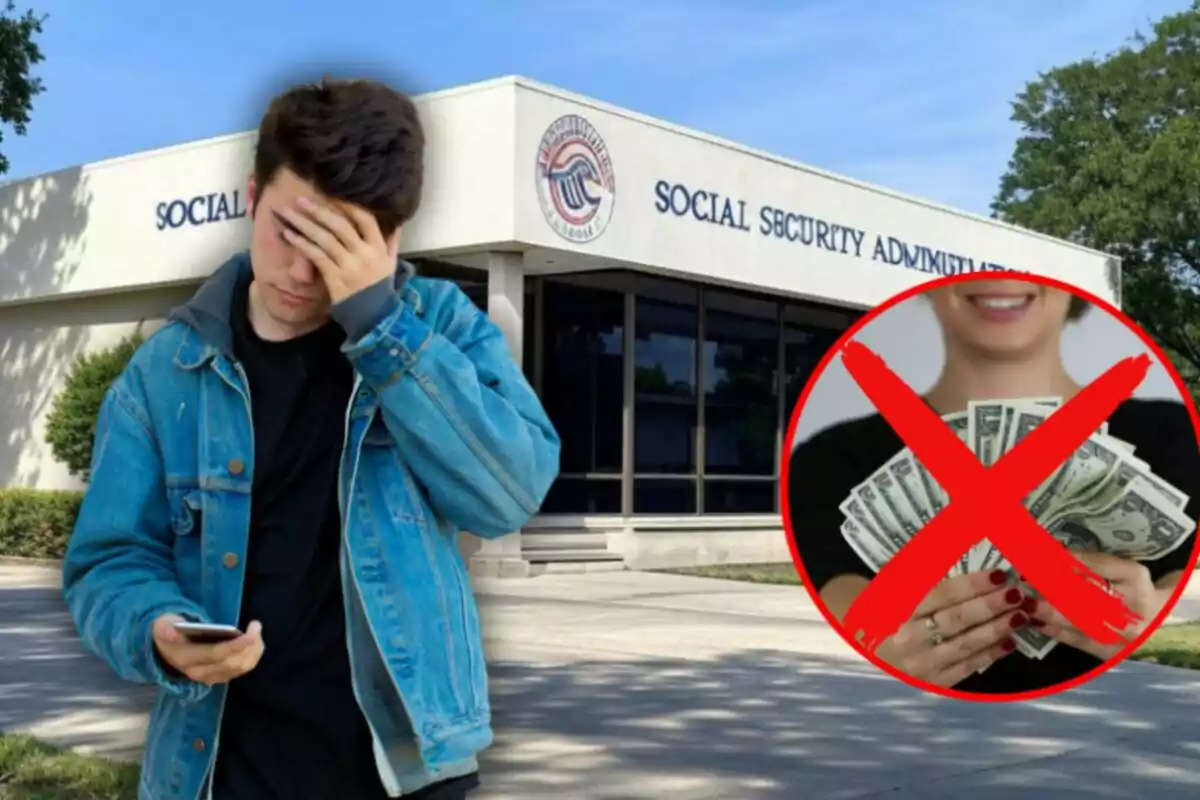Millions of retirees and workers in the United States are on high alert following the release of the latest report from the Social Security trustees. The study confirms that, if no measures are taken, by 2035 the system will only cover 83% of the scheduled payments to more than 70 million beneficiaries. This represents a significant reduction in the desired benefits.
Panic Among the U.S. Population Over This Study: Their Retirement Is in Danger
The annual report from the Social Security trustees indicates that the combined trust funds of OASI and Disability Insurance (DI) will be depleted by 2035. From that point on, the program's ongoing income would be sufficient to pay only 83% of the scheduled benefits.

The main reason for this situation is demographic; the U.S. population is aging, and the birth rate has declined. This means there are fewer workers contributing to the system for each retiree receiving benefits. In 1964, there were 4 workers for every beneficiary; today, that ratio has fallen to 2.7 and is expected to continue decreasing.
Social Security Administration (SSA) Reaction: Potential Impact on Retirees
The SSA has acknowledged the seriousness of the situation and has urged Congress to act. Various proposals are being considered to address the deficit, such as increasing payroll taxes, raising the retirement age, or modifying the benefit calculation formula.

If reforms are not implemented, retirees could face a significant reduction in their benefits. For example, according to estimates from the Congressional Budget Office (CBO), in 2035, benefits could be reduced by 23% if the funds are depleted and no corrective measures are taken.
What Can Be Done? Experts Speak Out in the U.S.
Experts agree that the sooner measures are taken, the smoother the necessary adjustments can be. Options include increasing the system's revenue, reducing future benefits, or a combination of both. The key is to act in advance to avoid abrupt cuts that would affect millions of Americans.
Overall, the United States Social Security system faces an imminent crisis. Without reforms, by 2035, it will only be able to cover 83% of the scheduled payments, which would jeopardize the financial stability of millions of retirees. The high alert is activated, and the need for action is urgent.

